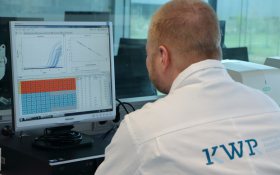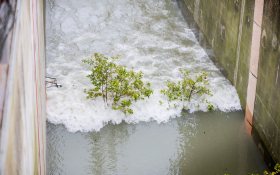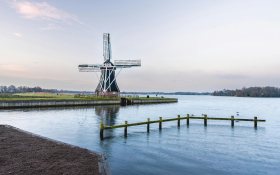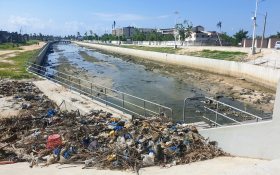‘Fair distribution of water requires a transformation in policy and science’
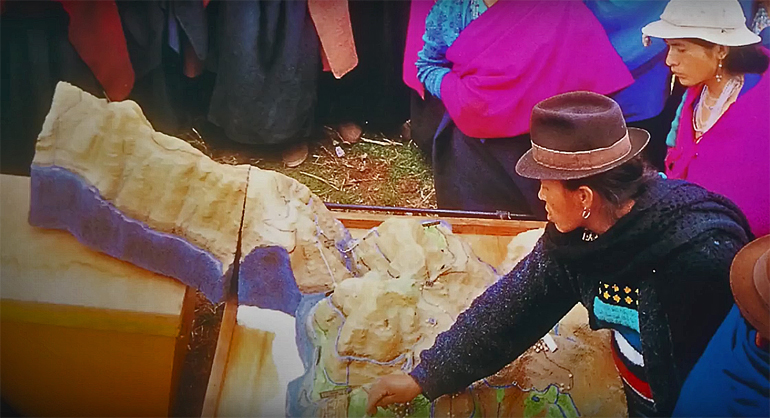 ‘When it comes to distributing the decreasing amount of water for drinking and irrigation, many governments and international policy institutes fail to take into consideration local expertise and the customs’, concluded professor Rutgerd Boelens in his inaugural lecture.
‘When it comes to distributing the decreasing amount of water for drinking and irrigation, many governments and international policy institutes fail to take into consideration local expertise and the customs’, concluded professor Rutgerd Boelens in his inaugural lecture.
According to Boelens, governments and international organizations are familiar with the issues, yet their solution is often one-sided or may even aggravate the situation.
Boelens holds a personal chair on Water Governance and Social Justice at Wageningen University & Research. He held his lecture, titled ‘Rivers of scarcity – Utopian water regimes and flows against the current’, on 8 June.
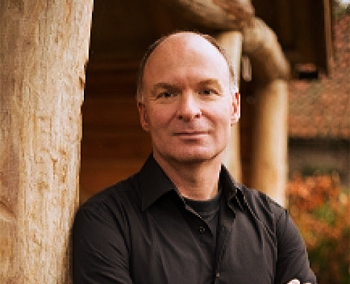 Professor Rutgerd Boelens holds a personal chair on Water Governance and Social Justice at Wageningen University & Research.
Professor Rutgerd Boelens holds a personal chair on Water Governance and Social Justice at Wageningen University & Research.
Equally shared
'Local farmer organizations or drinking water collectives often manage their own water supply, keeping in mind individual problems while aiming to find collective solutions.’
‘This form of management is defined by the complex challenge of serving all members of the community and resolving differences internally’, Boelens continued.
Centralised perspective
According to Boelens, governments view the distribution of water from an economic and centralised perspective with emphasis on technology and the market. In practice this system is often accompanied by unbalanced power relations, corruption, the reverence for ‘expert knowledge’ and, partly as a result, the unfair distribution of water.
‘Water policy is often focused on a utopian, radical change of existing water management cultures', said Boelens. 'The approach by governments, development organizations and international businesses often does not conform to local customs, agreements and traditions and sometimes even works to their detriment’.
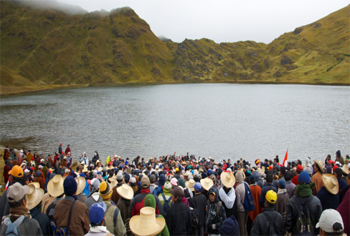 Local water management
Local water management
According to Boelens, this signals emphasize the need for comparative research into the diversity of local forms of water management and how these can be linked to new, multiscale and transdisciplinary forms of water management.
‘This not only takes into account local needs, but also provides policy makers and government officials with a better understanding of local water issues. And this, in turn, gives farmers in southern and western countries a new perspective.’
This news item was originally published on the website of Wageningen University.
Read also on this website
● Rutgerd Boelens appointed chair Latin American political water ecology at University of Amsterdam, 30 May 2014
● Wageningen University initiates water efficient greenhouse in Bekaa Valley, Lebanon, 19 April 2017
● Wageningen University announces course to train trainers on integrated water resources management, 21 November 2014
More information
Wageningen University
Water Resources Management Group
+31 317 484 190
www.wur.nl/en
Professor Rutgerd Boelens explains the nature of the studies on water justice that are conducted at his special chair at the Wageningen University.
